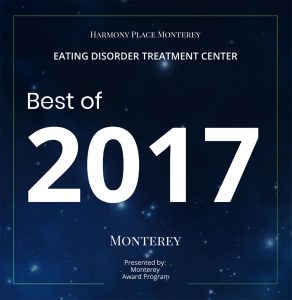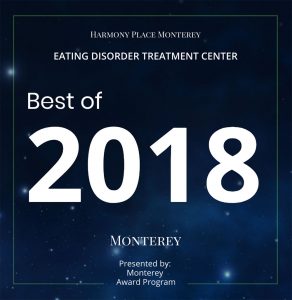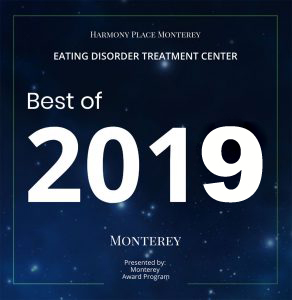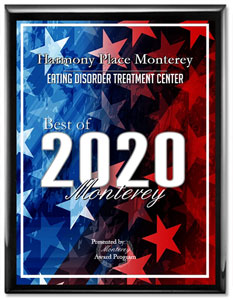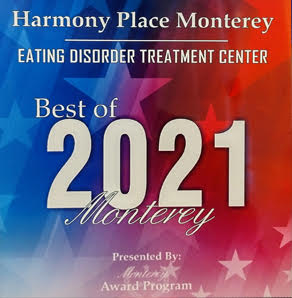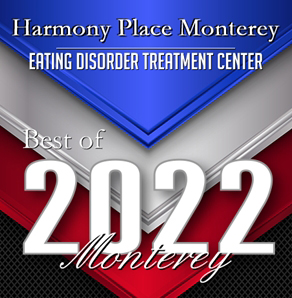A transitional living environment is a great way for addicts fresh out of rehab to continue their recovery journey
There are a variety of continued care options available and while the terms are often used interchangeably, they are actually quite different. Sober living, halfway house and transitional living can each be beneficial, but the best option will depend on the unique individual.
When an individual is battling an intense addiction, it may be most beneficial to first take part in a residential treatment program. At Harmony Place Monterey, our intensive outpatient programs are a unique alternative to residential care. Clients can expect to reside in one of our oceanside homes as they receive individual and group therapy sessions. This is a great option for those looking for a bit more structure in their after-care recovery process. Those who partake in our intensive outpatient program also often receive drug counseling and education on their addiction, as well as nutritional meals and new relaxation techniques to aid in relief.
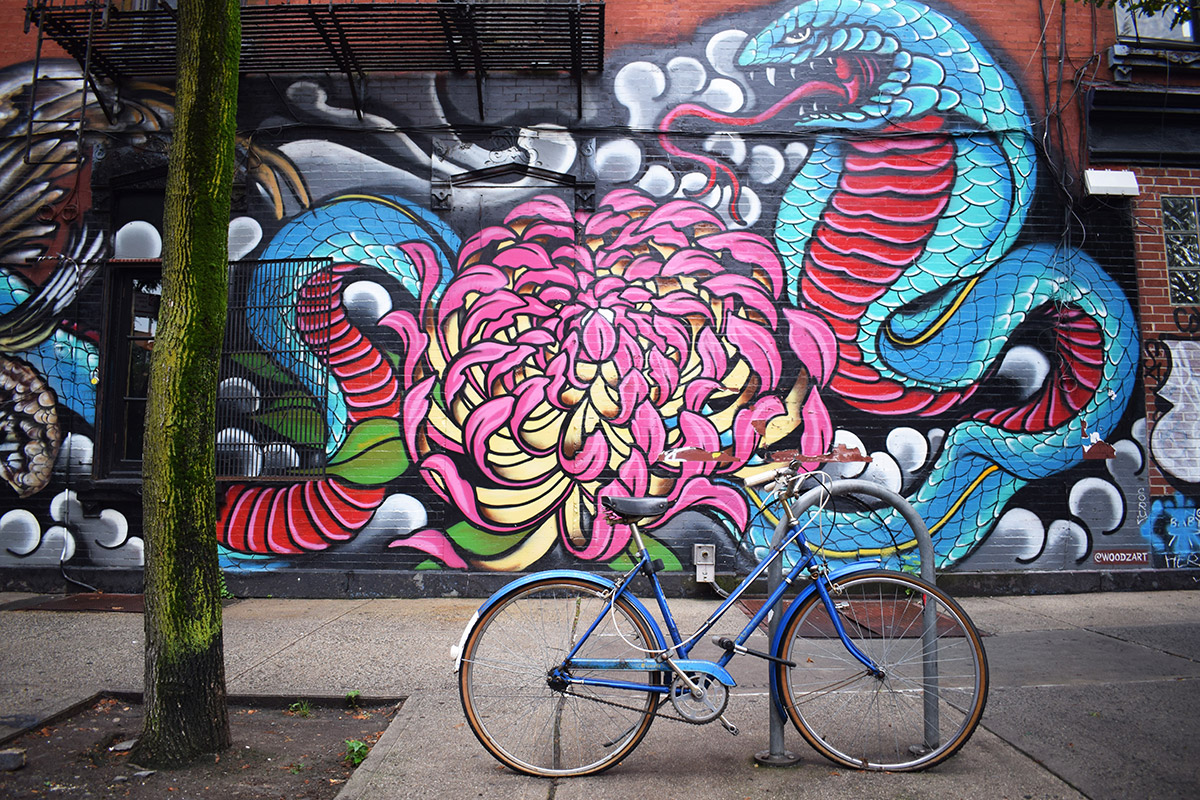
Photo by Chris Barbalis
The Benefits of Sober Living
After undergoing a more intense outpatient treatment, many clients transition into a sober living home. At a sober living community, a person has a little more freedom in their decisions. Residential treatment can often be restrictive, as you are required to attend therapy and classes multiple times a week. But those who move into a sober living home usually have been sober long enough to start living an addiction-free life on their own.
Sober living homes are made up of recovering addicts and alcoholics who have successfully completed a drug or alcohol treatment program. In many instances, the tenants living in the home are all survivors of the same or similar substance, like alcohol for example. By living together in a substance-free environment, recovering addicts can start to form new friendships based upon sobriety. In a community of likeminded people, tenants can also lean on each other for support as they attend 12-step meetings, AA meetings or continue to learn and discover more about themselves as a sober individual.
In a sober home, recovering addicts have the opportunity to regain their life on their own terms. While many sober living homes have some sort of management in place to hold tenants accountable, you are for the most part allowed to transition back into the community in a way that’s right for you. Many clients in this sort of aftercare program return to school or work and begin looking for permanent living quarters.
Returning to the real world doesn’t have to be difficult. With the help of a sober living community, you can begin building healthy relationships, find employment and learn to manage emotions. Find your independence and bring positivity back into your life with the drug- and alcohol-free environment of a sober living home.
To find out more about sober living, contact Harmony Place Monterey at 831 747 1727.
